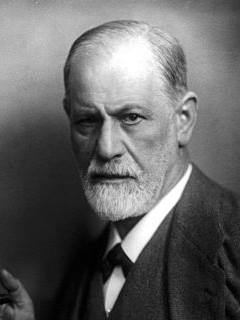

Jacques Lacan
pp. 213-228
in: Terrell Carver, James Martin (eds), Palgrave advances in continental political thought, Berlin, Springer, 2006Abstract
Is political action conscious and rational? How are political identities formed? What are the politics of sex? How does language shape political life? Contemporary theorists as diverse as Luce Irigaray, Judith Butler and Homi Bhabha have all used the work of the French psychoanalyst Jacques Lacan to answer these important and difficult questions. One of Lacan's most notable political interpreters, Louis Althusser, ascribes the influence of Lacanian theory to its account of the passage of the infant from "biological existence to human existence" (1996, p. 25). For Lacan, language is the foundation of culture. The infant's entry into language marks its passage from biological being to human subject. Drawing extensively upon philosophy and linguistics, as well as political and anthropological theory, Lacan developed Freudian psychoanalysis in terms of his theory of language as a symbolic structure. In Lacan's theory, language constitutes the human subject. It is this account of the link between culture and subject that has made Lacan's work of such interest for political theory. In particular, political theory has appropriated Lacan's model of the tie between the collective and the individual to explain the relationship between political and subjective structures.



